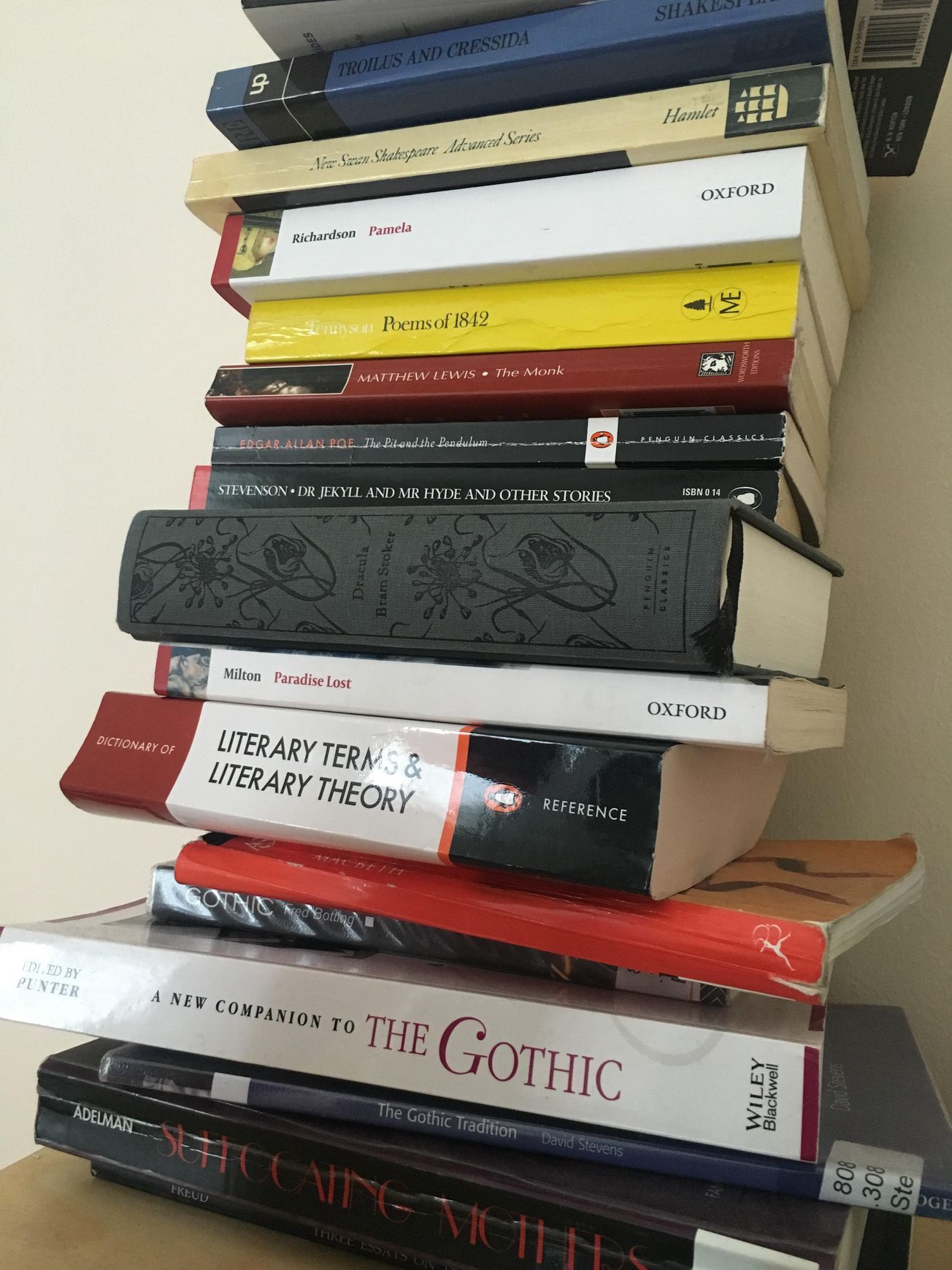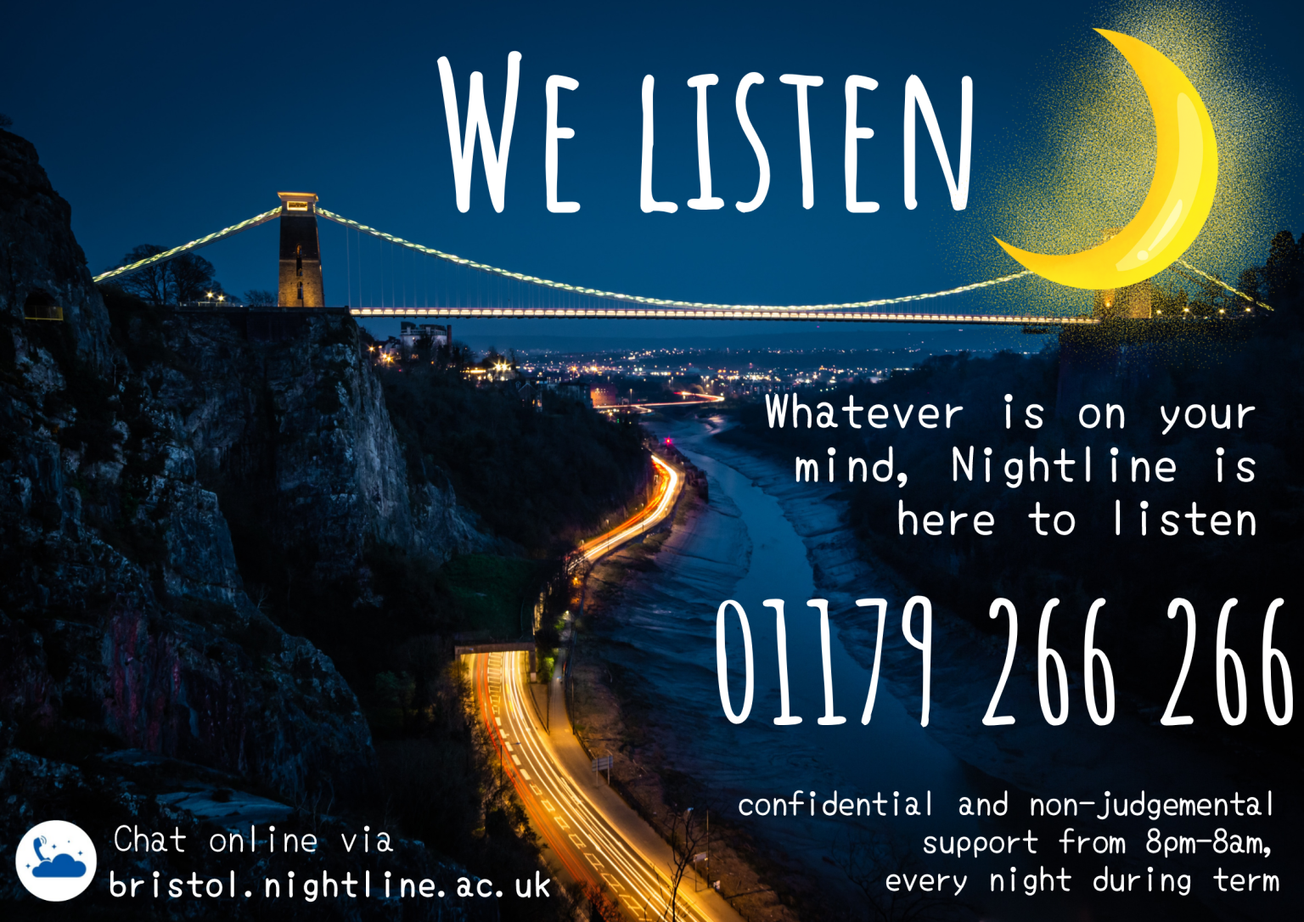Phoebe Chase dismisses the 'benefits' of self-directs learning as not supporting students' education or giving them value for money.
Most weekdays, I see those of my flatmates who study the sciences return home, tired after many hours of lectures. Studying within the Arts Faculty, I cannot relate to this. Most students studying the arts, such as English, History, or Classics, have much less time in lectures and are expected to adopt a more independent or ‘self-directed’ learning approach.
Currently I have at least six, at most nine contact hours a week. Comparable to the 25 hours on average that some of the Veterinary Science students have, this is very little. Whilst I’m glad that my days aren’t quite as full as that, seeing as I’m really very lazy, this very large difference in contact hours is concerning. Are Arts students getting enough time in lectures and seminars in order to be successful and confident in their subjects, and is the Faculty of Arts truly meeting its obligation to its students to provide the quality education and support from which we can benefit?
Are Arts students getting enough time in lectures and seminars in order to be successful and confident in their subjects, and is the Faculty of Arts truly meeting its obligation to its students to provide the quality education and support from which we can benefit?
An issue with these minimal contact hours are the university fees. We all pay 9k a year, but Arts students are clearly losing money. Although the figure may have changed slightly due to inflation rates, an Epigram investigation in 2014 shows that the overall loss per student studying English Literature or Language, for example, was £5,652.86. BA students are essentially funding the science, medical, and veterinary degrees that cost massively more. For 9k a year, seven or so contact hours a week seems inexcusable.
The University Strategy, launched in 2016, sets the University’s aims for the next 7 years. It states that they aim to ‘Provide the support, feedback, infrastructure and contact hours that students need as part of a top-class learning experience’. So far I wouldn’t say they have done a particularly great job with that.
I fail to see this benefit from how it is exercised at the University of Bristol
The apparent aim in self-directed learning is to cultivate a student’s initiative to pursue their own interests in their course field and to create their own goals for what they wish to achieve. However, I fail to see this benefit from how it is exercised at the University of Bristol. There is no clear plan or assessment of what the students want and how thy wish to reach their academic goal.
Last year, first-year English students had only eight contact hours a week. Although a lot of this course relies on independent reading - you can’t really do English Lit without reading the lit - the time given was clearly not enough. Following many complaints, I hear English students are given extra time in so-called ’discussion hours’, but I haven’t heard great things about either.
That so many complaints were made suggests that many students feel they are not being supported enough in their education. With the university cracking down on its mental health crisis, trying to provide help and support to students who need it, they seem to have overlooked this issue almost entirely as a potential reason for why some may be struggling.
The self directed learning in our uni went from 40% in year 1
— Heba Alamiri (@Ho0obZz) 18 October 2016
To 60% in year 2
To 100% in year 3
Critically, although less contact hours and more independent learning might appear to make courses easier or less stressful, it actually potentially exacerbates the students’ stress because of the worry that we are not learning enough. The pressure to make up for the lack of lectures and seminars can be difficult to deal with, especially for students in their first year who are still getting to grips with their course.
Using myself as an example, with usually only one seminar and three lectures a week, am I basically expected to educate myself? We are not given enough time to go deeply enough into the topics, and with so few seminars we are hardly given the chance to ask questions in order to fully understand. Surely it should not be this way.
Am I basically expected to educate myself?
The best and the most productive learning stems from conversation and debate, in an environment filled with people who are interested and engaged. People need to be able to listen to a lecturer who is inspired by what they teach, who communicates in their own words the knowledge they wish to impart.
Education is not constantly sitting alone in one’s room or in the library, reading from a very dry book and making notes. I came to university to be educated and inspired, not to attempt to educate myself. The university’s aim of self-directed learning has gone too far.
Featured Image: Epigram / Ed Southgate









